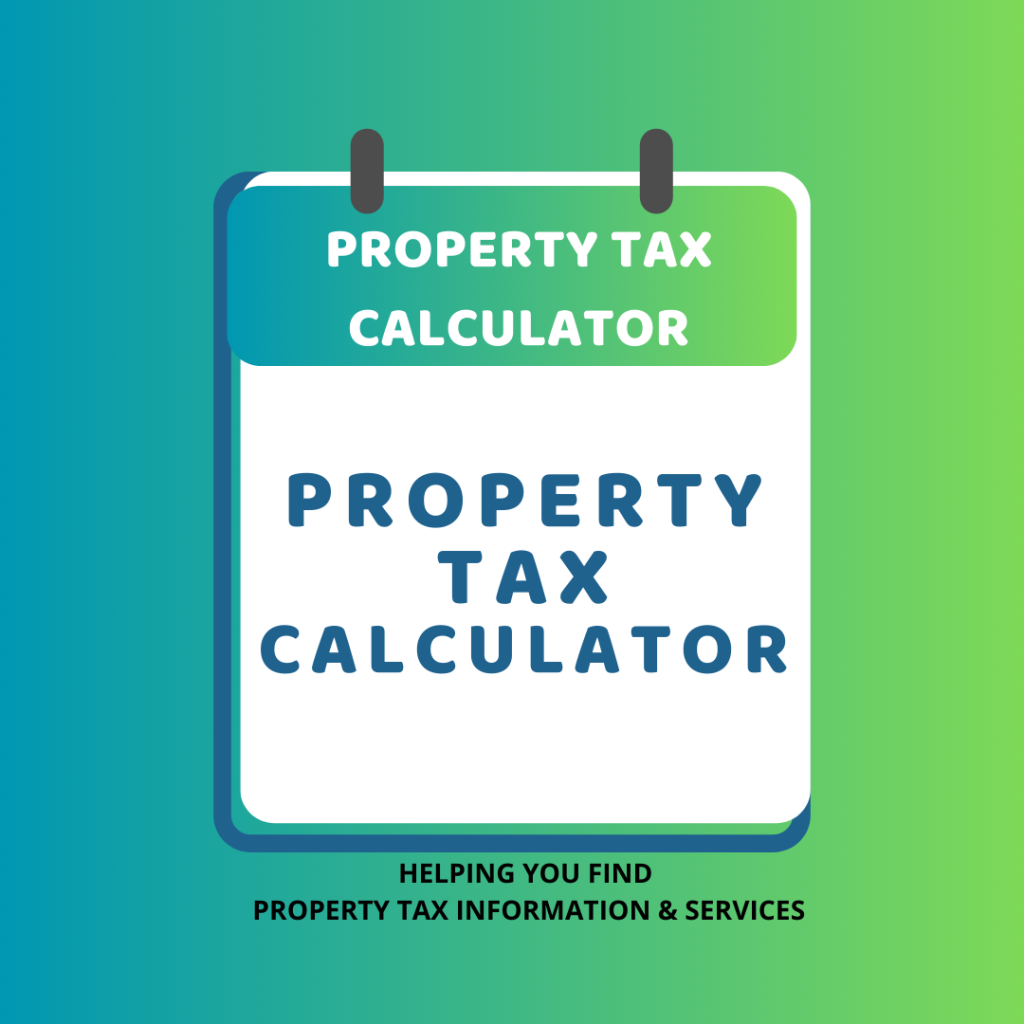Land rent in Kenya can seem like a labyrinth of regulations and fees, especially if you’re new to property management or land ownership. Whether you’re a landowner or considering leasing land, understanding how land rent works is crucial. In this blog, we’ll break down the essentials of land rent, from its purpose and calculation to payment methods and legal requirements. Ready to simplify your land rent experience? Let’s dive in!

What is Land Rent?
Land rent refers to the payment made by a tenant or lessee to a landowner or lessor for the use of their land. In Kenya, this payment is essential for legal land use and property management. Here’s a closer look at how it works:
- Purpose of Land Rent
Land rent serves several purposes:
- Compensation: It compensates the landowner for the use of their property.
- Regulation: It helps regulate land usage and ensures that land is used efficiently.
- Revenue: It contributes to local and national revenue through taxes and fees.
- How is Land Rent Calculated?
Calculating land rent can be straightforward or complex, depending on the lease agreement and property location. Here are the key factors:
- Property Size: Larger plots typically attract higher rent.
- Location: Urban areas generally have higher rent compared to rural areas.
- Land Use: Different land uses (residential, commercial, agricultural) can affect the rent.
- Payment Methods
Land rent can be paid annually, semi-annually, or as specified in the lease agreement. Payments can be made through various methods:
- Bank Transfers: A common and secure method.
- Mobile Money: Convenient for many landowners and tenants.
- Direct Payments: Hand-delivered payments or cheques.
- Legal Requirements and Compliance
Paying land rent is not just about fulfilling a financial obligation—it’s also about legal compliance. Here’s what you need to know:
- Lease Agreements: Ensure that your lease agreement clearly outlines the rent amount, payment frequency, and other terms.
- Receipts and Records: Always keep receipts and records of payments for future reference and legal purposes.
- Regulations: Stay updated on any changes in land rent regulations by consulting with local authorities or legal experts.
Frequently Asked Questions
- What Happens If I Don’t Pay Land Rent on Time?
Failing to pay land rent on time can lead to penalties, interest charges, and legal action. In extreme cases, it might result in the termination of your lease or eviction from the property. To avoid this, ensure timely payments and keep track of due dates.
- Can Land Rent Be Negotiated?
Yes, land rent can be negotiated, especially when entering into a new lease agreement. Factors like the lease term, land use, and current market conditions can influence negotiations. It’s wise to discuss terms with the landowner before finalizing the agreement.
- Are There Any Tax Implications for Paying or Receiving Land Rent?
Land rent payments are generally not taxable, but both landowners and tenants should check for any applicable local taxes or fees. In some cases, landlords may need to report rental income for tax purposes. Always consult a tax advisor for personalized advice.
- What Should I Do if There’s a Dispute Over Land Rent?
If disputes arise, first try to resolve them through direct communication with the landowner or tenant. If unresolved, consider mediation or legal assistance. Document all communications and agreements to support your case.
- How Can I Find Out the Current Land Rent Rates in My Area?
Research current land rent rates by consulting local real estate agents, property managers, or landowners. You can also check with local government offices for updated rates and regulations.
Tips for Managing Land Rent
- Stay Organized: Keep detailed records of all payments and communications related to land rent.
- Communicate Clearly: Maintain open and clear communication with your landowner or tenant to avoid misunderstandings.
- Review Your Lease Regularly: Periodically review your lease agreement to ensure it reflects current terms and conditions.
- Seek Professional Advice: Consult real estate professionals or legal experts for guidance on lease agreements and land rent regulations.
